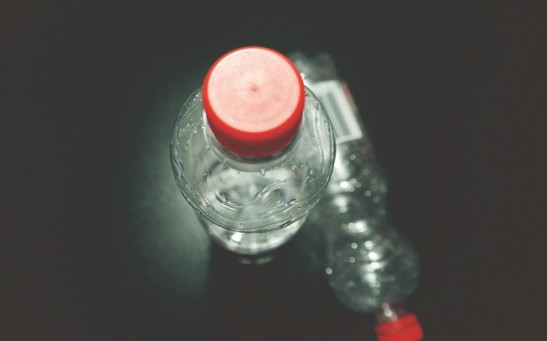plastics

Top Plastic Particle Consumer? Countries With Highest Microplastic Consumption, Inhalation Revealed in New Study

Chemicals Within Plastics, Cosmetics Linked To Risk of Preterm Birth, Analysis Reveals
300 Hermit Crabs Use Plastic As Shelters Instead of Natural Shells

Microplastics Found in Nearly 90% of Meat, Even Plant-Based Ones: Study Reveals Widespread Human Exposure
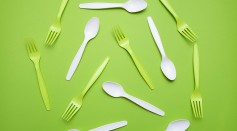
Can Recycling Plastic Cutlery Help the Planet? Here's What To Do To Reduce Takeout Carbon Footprint

Plastic Bag Bans Backfiring? These Efforts Come With Unintended Consequences
Nanoplastics Promote Reactive Oxidation in the Presence of Light, Affecting Contaminant Transport in Water Systems
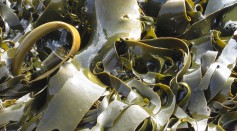
California Startup Uses Seaweed to Replace Packaging, Plastic Bags: How Does It Work?
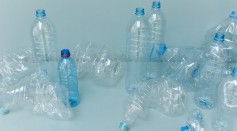
British Firm Develops New Solution For Plastic to Self-Destruct in 2 Years
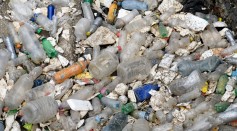
Wax-Worm Saliva May Help Save the Earth; Important Implications for Future Sustainable Plastic Disposal Shown in New Study
E-Nose Developed to Detect Nanoplastics in the Air
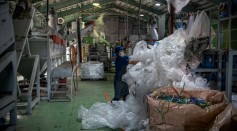
New Innovation Called ‘Upcycling’ Converts Plastics Into Useful Chemical Products
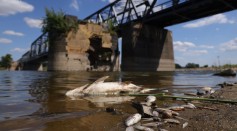
Thousands of Fish Wash Up Dead on Oder River Possibly Due to Toxic Chemicals

Plastics Can Help Save This Planet, Science Writer Says Humans Are the Problem
Most Popular

How Technology Is Changing the Real Estate Industry?

How a Plant-Based Diet Can Protect Against Breast Cancer: Insights from Nutrition Research

Study Reveals High Turnover in Scientific Research Careers: What This Means for Future Scientists

Why It's So Difficult to Lose Weight: The Biological Explanation Behind Obesity

